Hyper-Consumption Society: In The Animal Farm
Desiring, dionysiac, obsessive, the hyperconsumption society is kept in delirium of precarious sustainability by a desperate market economy, as its civilizational ex libris imperative: it is necessary to produce in excess, it is necessary to consume in excess, making the excess itself, by alienation of responsibility, the causal referent invested of the valorative power of engine that makes the capitalist system work: the excess is the reproducer of exclusions, of the inequalities that guarantee the active maintenance of the capitalist system’s capability to generate and reproduce the constitutive “surplus-values” vital to its survival.
The excess, murdering the middle class danger, guarantees the geometric growth of unemployment, poverty, hunger, exclusion, making available the slaves that feed the totemic capitalist machine. It is necessary that the poor become miserable for the rich to become opulent, the accumulation of wealth depends upon it. The system needs to accumulate, in order to relaunch itself.
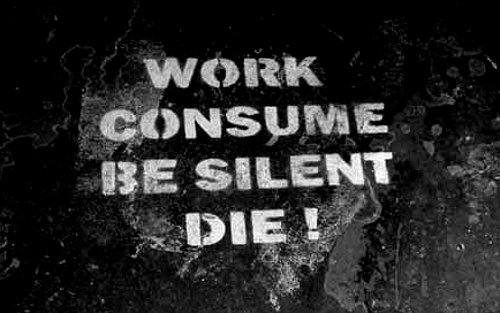 Hyperconsumption is the autopoietic pathos of sustainability of the capitalist system’s (re)production mode, deliberately invested of the role of system’s engine. Unemployment, increasing suicides and hunger are consequences of a capitalist kairos, as collateral damage, thus it is considered by the dominant elites, with the justification that sacrifices must be made for the “greater good”: the survival of the “capitalist mode of production”, supported by the neoliberal dynamics, characterized by a Darwinian competition of egotistic somatization, responsible for the current systemic crisis.
Hyperconsumption is the autopoietic pathos of sustainability of the capitalist system’s (re)production mode, deliberately invested of the role of system’s engine. Unemployment, increasing suicides and hunger are consequences of a capitalist kairos, as collateral damage, thus it is considered by the dominant elites, with the justification that sacrifices must be made for the “greater good”: the survival of the “capitalist mode of production”, supported by the neoliberal dynamics, characterized by a Darwinian competition of egotistic somatization, responsible for the current systemic crisis.
The current systemic crisis is a crisis of the system and a crisis of existence in the system, and because we are the system, if the system collapses, so will we, we all, including the Laplacian elites, because we are all in the same raft, rich or poor.
Capitalism, with its large consuming belly managed by a small brain, has attained its Imperium phase. If the miserables resist, then, the Imperium offers a misery-imposed suicide as solution.
Stuckler, Basu, Suhrcke, Coutts and Mckee, in a study published in “The Lancet, Vol. 378, Issue 9786, pages 124 to 125, 9 July 2011”, confirmed how unemployment growth seems to be associated with increase in suicides among people younger than 65 years.
The authors’ study addresses, in particular, the 2008 recession. The study shows that, as the unemployment rose, the decreasing trend in suicide rates reversed in both new EU Member States and old EU Member States, with a larger percentual increase in the old States: less than 1% increase, in 2008, for the new members, while the increase for the old members was close to 7%. In 2009, the suicides “increased further”, in both old and new EU members, accompanying the increase in unemployment.
The study also concludes that road traffic fatalities fell considerably, in particular in the new EU members, which usually registered high road traffic fatalities. Suicides and road traffic fatalities registered as the two main drivers of short-term mortality.
Suicides, in Europe, rose mainly in countries facing the current Government debt crisis. Greece had a rise of about 17% in suicides, while Ireland had about a 13% rise. In Portugal, according to the Instituto Nacional de Estatística (INE), in 2010, there took place 1101 deaths by suicide which surpassed by 86 the deaths registered in road traffic accidents during the same period.
In an interview to the Diário Económico (Friday, May 4, 2012, page 48), Fernando Santos, the current coach of Greece by the Hellenic Football Federation, stated that a general apathy state is lived today in Greece: “Greece was one of the countries with the greatest growth, and all of a sudden”,…, “people thought: where is the money?”,…, Fernando Santos recalls this as a phase of indignation, which gave way to hope, with a possible solution of the problem by the “Troika”, but nothing of the sort came, instead, the worst of the scenarios took place,…, to a conflict phase, a “general apathy” and resentment followed, especially towards Germany and Angela Merkel.
Unemployment is not the only rising trend, the food crisis accompanies the current economic crisis.
Looking at FAO’s SOCO 2009 report, in the first half of 2008, food prices reached the highest levels, in over 30 years.
This trend, still according to FAO’s report, began in the second half of 2006, with the rising of the world prices of most food commodities, and, during the first half of 2008, the international US dollar prices of cereals also attained the highest levels in over 30 years.
In 2009, FAO predicted that this trend would continue, such that the world was placed before a “global food insecurity crisis”.
FAO’s predictions survived the test of falsifiability: the monthly real food price index, per data from FAO, has shown an increasing exponential growth trend, which seems to begin in 2001.
The exponential growth in trend of food prices is accompanied by an also growth in volatility, which only adds to the crisis. From month to month. the variations in the food prices have become increasingly larger, in particular, in the last few years.
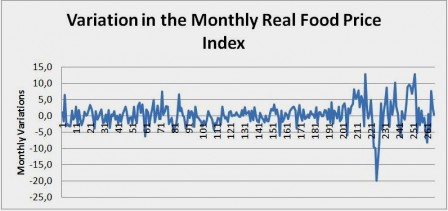
Source: Variation calculated for FAO’s monthly real food price index data, in the period of 1990 to 2012
Food price volatility affects, by impact, the excluded majority: the ones that most suffer with this crisis, since not only are the food prices exponentially increasing in trend, they are doing so with greater uncertainty: from one month to the next, people may suffer a sudden hike in food prices.
The food crisis makes even more precarious the excluded majority’s survival. The food crisis is a crisis of existence is a crisis of survival is a crisis of life is a crisis of dignity.
It is interesting to look, in this instance, at the capitalist system’s mechanisms of classification. FAO addresses the food crisis as “a food insecurity crisis”…, “food insecurity”?! This is a pious capitalist term for “very hungry” and for “starving”, an exercise of exclusion by euphemism, very aesthetic, indeed.
One may see high levels of structural unemployment, suicides and hunger in countries with governments, in cognitive simulacrum, imposing increasing austerity measures, stimulating further inequalities and more unemployment, suicides and hunger, shortening the time between crises and shortening the lifetime of its populations, the macabre solution for the cost of aging populations.
Perhaps it is worth remembering some inspiring fragments of Roger Romero’s “Land of the Dead” plot: Fiddler’s Green, the place where the rich and powerful live in luxury, while the rest of the population struggles in desperation of survival; Fiddler’s Green, the land of the rich, protected by an electric fence and rivers. The zombies, then, come to Fiddler’s Green for reductive eating, breaking down Orwell’s “Animal Farm” (“All animals are equal, but some animals are more equal than others”)…, after Romero’s zombies, in the land of the dead, all are equal…
 Maria Odete Madeira is a private sector researcher of science philosophy and systems science. She is particularly interested in ontology, cognition and neurocognition. You may find Maria Odete at her website, Twitter, Google+ and FaceBook.
Maria Odete Madeira is a private sector researcher of science philosophy and systems science. She is particularly interested in ontology, cognition and neurocognition. You may find Maria Odete at her website, Twitter, Google+ and FaceBook.
Related Articles


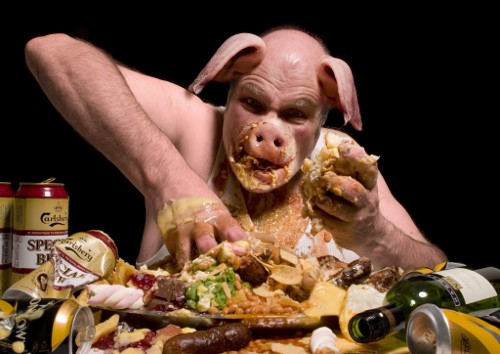
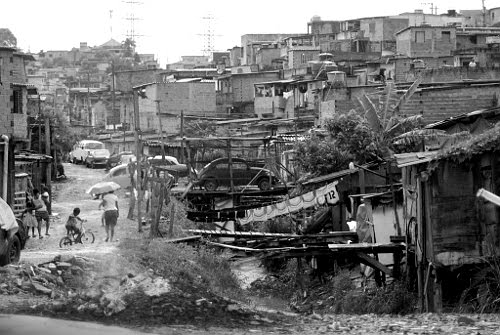
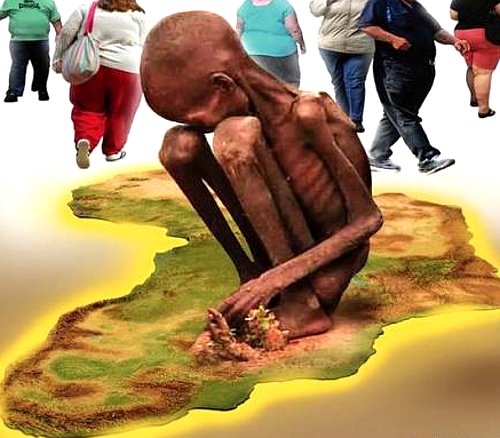
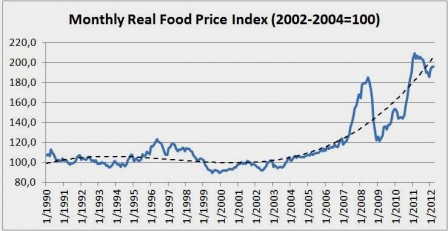












You must be logged in to post a comment Login